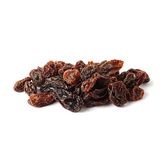
Raisins made from Thompson/Sultana and Flame Grapes

Argentina
|
Submitted By Natural Food Argentina
|
Last updated on May 4, 2021
Latest Offers
Unit Price
1,700 /
Offer Quantity
2000
Origin
Argentina / -
Payment Terms
CAD
Remark
10% upfront and 90% CAD.
Packaging
INCOTERMS
Specification
Medium
Grade A
Conventional
Flame Seedless
Unit Price
1,800 /
Offer Quantity
2000
Origin
Argentina / -
Payment Terms
CAD
Remark
10% upfront and 90% CAD.
Packaging
INCOTERMS
Specification
Medium
Grade A
Conventional
Brown
Thompson Seedless
Description
The company’s goal is to ensure that the product’s quality surpasses our customers’ expectations and to build a long-term relationship. Their competitive advantage begins right at the source, where we pick raisins directly from our network of owned farms. The network spans 300 kilometres up and down the province of San Juan and La Rioja and gives them the ability to trace our fruit from farm to customer, ensuring we deliver the highest quality product at an unmatched efficiency. The company operates a private company with three business units that are Agricultural and Dry Unit, the other is the factory and the last one is the commercial unit. The company values integration, traceability, and a good working environment focused on the quality of products and on their customers. Main customers of the company are large retailers and the food industry. They also have experience exporting to Asia, North America and South America.
At a glance
Management:
Privately operated
Number of units:
Agricultural, Dry Unit and Commerical Unit
Main customers:
Large retailers and food industry
Experience to export:
Asia, North America and South America
Photos & Videos
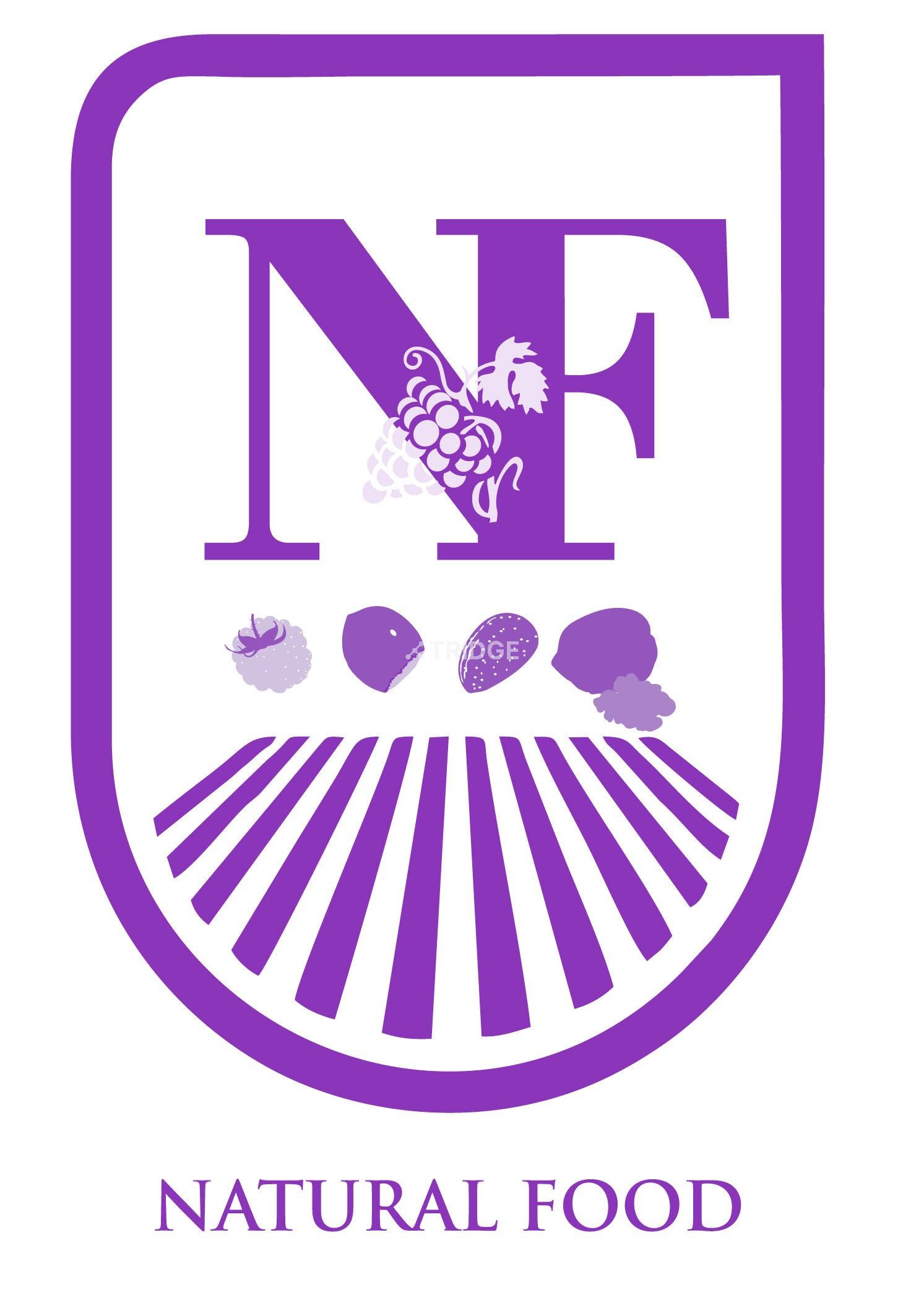
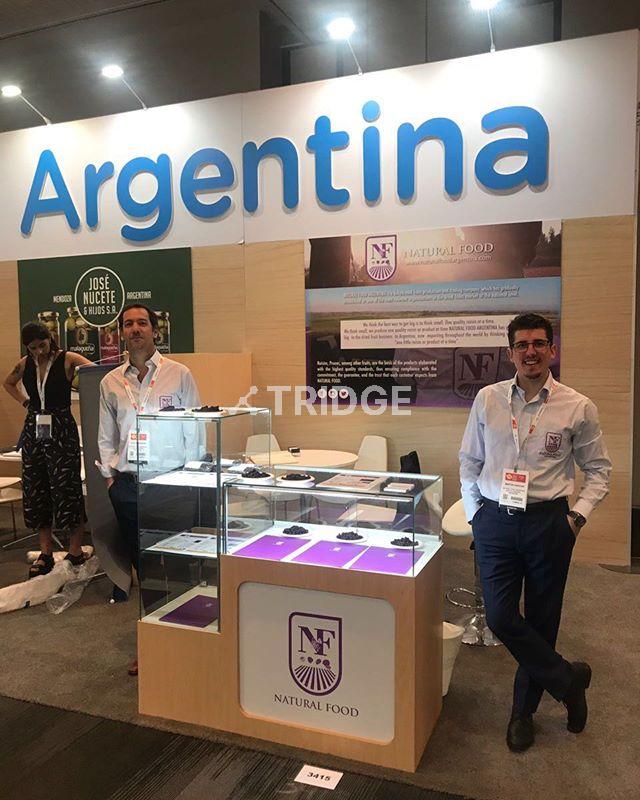
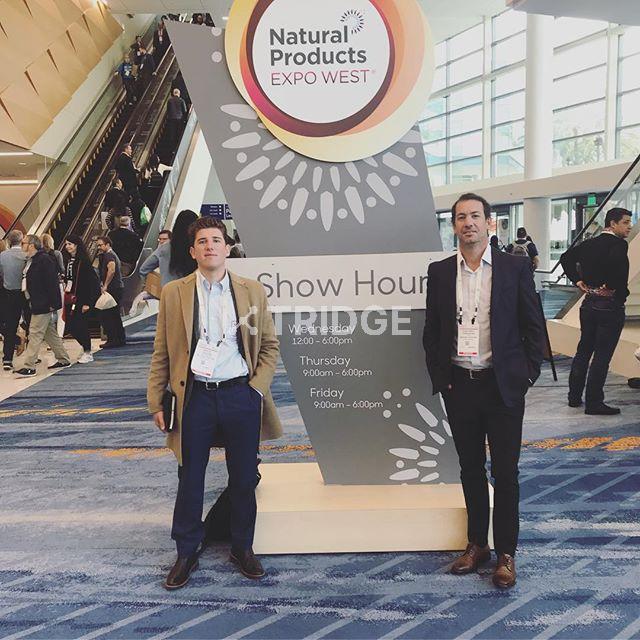
Description
The warehouses can be categorized based on the purpose as:
1. For raw material (size over 10 Km2)
2. Finished products (size over 10 Km2)
The finished products are stored in 10kg (30 lbs) boxes in boxes whereas the raw materials are stored in 300kg bins. The products are ready for shipment 15 days after payment confirmation. The most common ways to export are by truck from San Juan, Argentina to Valparaiso-Chile port or to San Antonio-Chile port. The main ports used are San Antonio-Chile which is about 630 km away The port of Valparaiso-Chile which is 650 km away and Buenos Aires-Argentina port which is 1050 km away.
1. For raw material (size over 10 Km2)
2. Finished products (size over 10 Km2)
The finished products are stored in 10kg (30 lbs) boxes in boxes whereas the raw materials are stored in 300kg bins. The products are ready for shipment 15 days after payment confirmation. The most common ways to export are by truck from San Juan, Argentina to Valparaiso-Chile port or to San Antonio-Chile port. The main ports used are San Antonio-Chile which is about 630 km away The port of Valparaiso-Chile which is 650 km away and Buenos Aires-Argentina port which is 1050 km away.
At a glance
Types of warehouse:
Raw material and finished products
Storage:
Finished products 10 kgs and Raw material 300 kgs.
Nearest Ports:
San Juan, Argentina to Valparaiso-Chile port or to San Antonio-Chile port
Photos & Videos
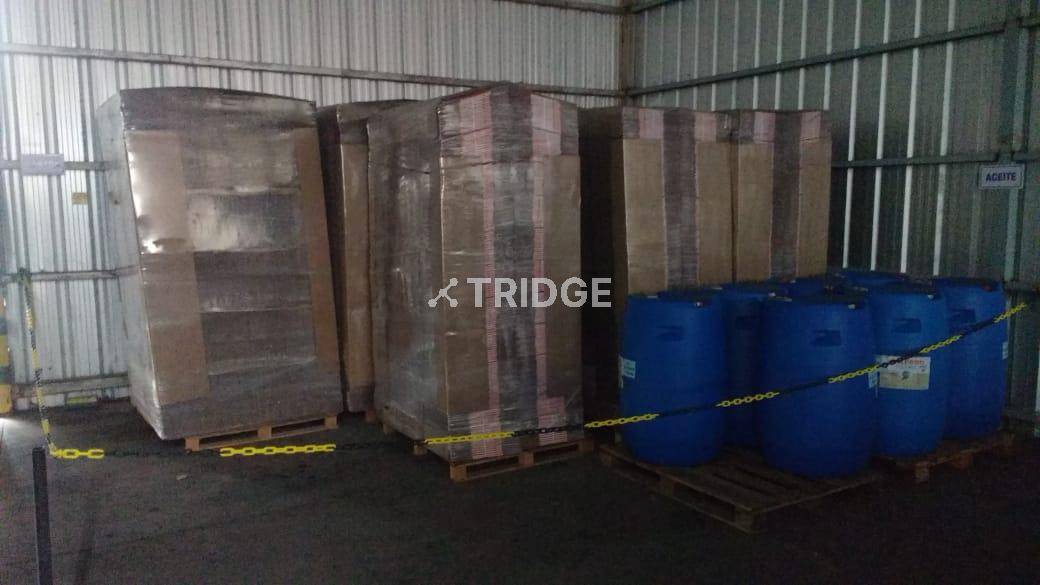
Description
Essential quality indicators of grapes and raisins are moisture, size, the number of stems, the number of stem caps, and removal of all debris. The quality control processing techniques used is the leading Turkish production line, a complex and efficient checking system.
It is a nine in-line process with vacuum cleaners, five levels of calibration, first metal detector, immersion and spray wash, drainer and centrifuge, super VAC extractor and then has two in-line laser detectors, vegetable oil aggregate, second metal detector, an X-ray and finally the third metal detector. The company is certified as Kosher, Organic, HACCP and is in the final process for the BRC certification. The company also follows the state standards set by the Alimento Argentino. Products have traceability and the company is always seeking the most advanced technology and always working under the BRC parameters.
It is a nine in-line process with vacuum cleaners, five levels of calibration, first metal detector, immersion and spray wash, drainer and centrifuge, super VAC extractor and then has two in-line laser detectors, vegetable oil aggregate, second metal detector, an X-ray and finally the third metal detector. The company is certified as Kosher, Organic, HACCP and is in the final process for the BRC certification. The company also follows the state standards set by the Alimento Argentino. Products have traceability and the company is always seeking the most advanced technology and always working under the BRC parameters.
At a glance
-
Photos & Videos
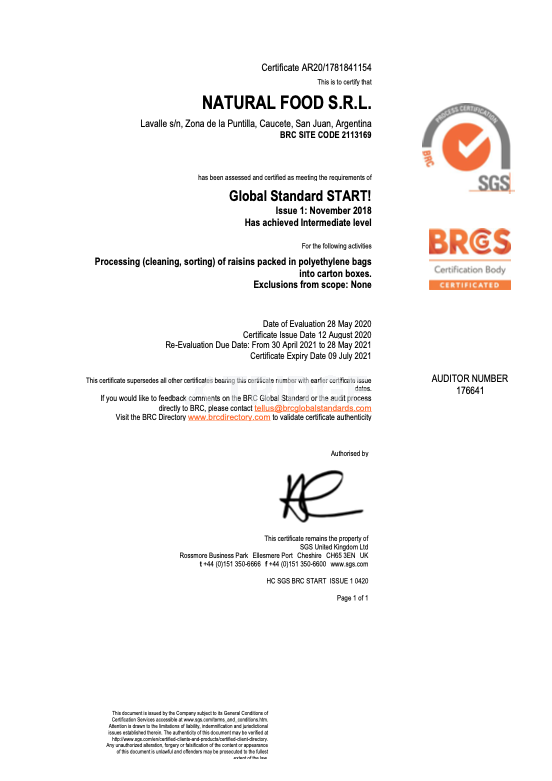
Description
The processing capability of the company is 4000 MT/year. 2000 metric tonnes of grapes are produced by the company itself and they aim to increase the production to 1000 metric tons per year. The production area is 500 ha the size and it runs across different areas in San Juan and Argentina to minimise the risk of climate change. The harvest period is from January to March. The drying process starts at the end of January and goes all the way until April. From mid-January to March, grapes are harvested as they have their optimum sugar level. The bunches of grapes are hand-cut by rural workers and then put into boxes, which are in turn palletized to be transferred to the drying shed, which is entirely built with clean stones allowing a homogeneous drying process and, in the case of rainfalls, an immediate draining. Once at the drying shed, the pallets are downloaded with fork-lifts, and the bunches of grapes are placed on racks for sun exposure. Depending on weather conditions, the grapes are left to dry for 2 or 3 weeks, and their humidity level is reduced from 75% to less than 15%. Once they are at their optimum drying point, they are collected and put in bins by specialized staff, and then transferred to a plant where they are fumigated and stored in sheds waiting for their processing. The cultivation process of grapes is conventional.
There are two types of harvesting and processing:
1. Manual harvest and then the distribution of the crop over special rocks covered with a specific mesh and sun drying.
2. DOV (dried on the vine), cutting the feed of the bunch of grapes, drying on the vine, at last harvest with machines.
The production takes place in San Juan as it has 360 days of sun in a year and only 90 mm of rain. These conditions are perfect to ensure the good development of grapes and then of raisins. The raisins are available the entire year, however, for the last months of the year, there is a need for programming due to its offseason and increased demand due to the period. The labour involved in the making of raisins is 100 employees.
There are two types of harvesting and processing:
1. Manual harvest and then the distribution of the crop over special rocks covered with a specific mesh and sun drying.
2. DOV (dried on the vine), cutting the feed of the bunch of grapes, drying on the vine, at last harvest with machines.
The production takes place in San Juan as it has 360 days of sun in a year and only 90 mm of rain. These conditions are perfect to ensure the good development of grapes and then of raisins. The raisins are available the entire year, however, for the last months of the year, there is a need for programming due to its offseason and increased demand due to the period. The labour involved in the making of raisins is 100 employees.
At a glance
Area:
500 ha
Production:
4000 metric tons
Harvest Type:
Manual harvest or Dried on wine
Harvest Season:
January to March
Availability:
All round the year
Photos & Videos
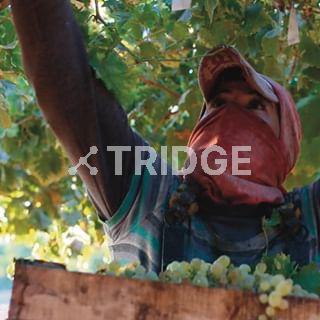
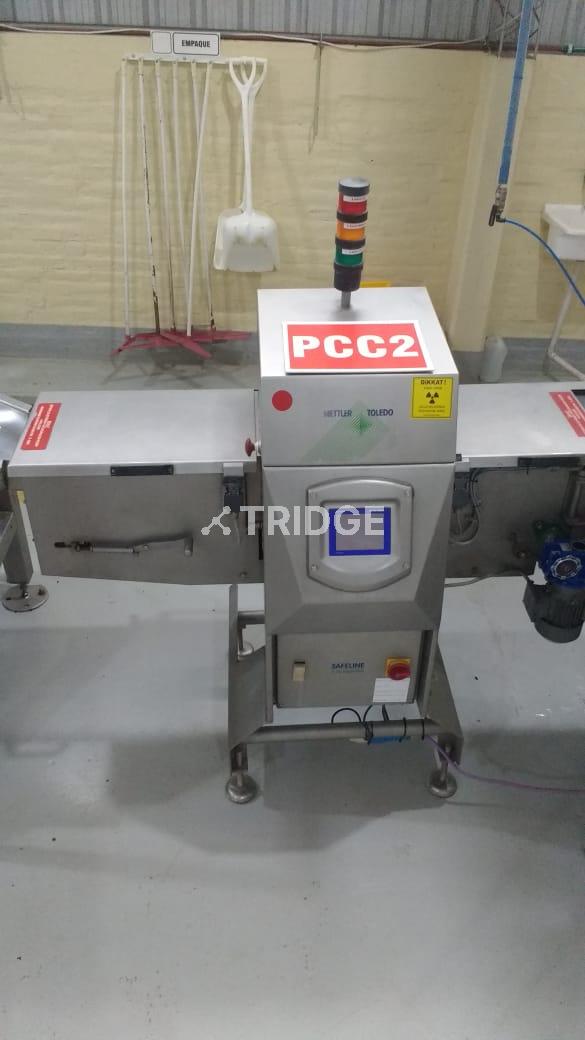
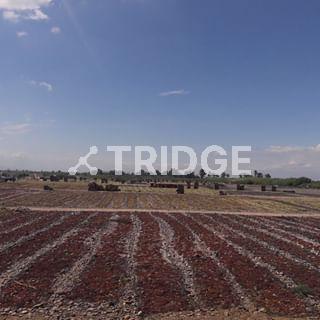
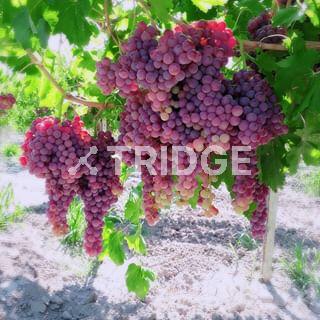
Description
The raisins produced are from the grape varieties Thompson and Flame. The size categories are midget, medium and Jumbo. The Thompson variety is seedless, light brown to dark brownish whereas the Flame variety is seedless, dark purple in colour. Both varieties have 18% moisture. They are Grade A varieties and will have maximum: 1 loose stem/6 lbs, 15 stem caps/lbs with only 5% damaged/discoloured. The product is available as non-oil treated or oil treated with mineral or vegetable oil. Raisins can be used for direct consumption or for processing in the food industries. The shelf life of the raisins is 1 year from production.
At a glance
Grape Variety:
Thompson and Flame
Characteristics:
Seedless and 18% moisture
Grade:
Grade A
Shelf Life:
1 year from production
Photos & Videos
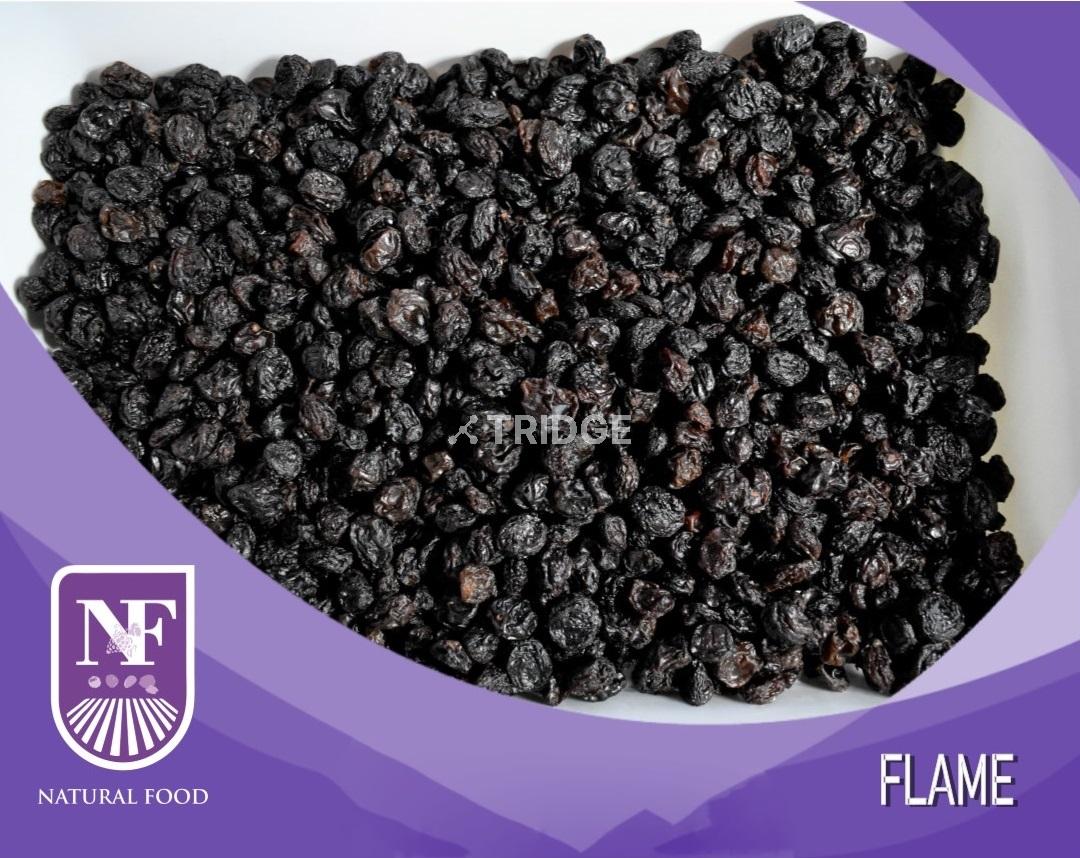
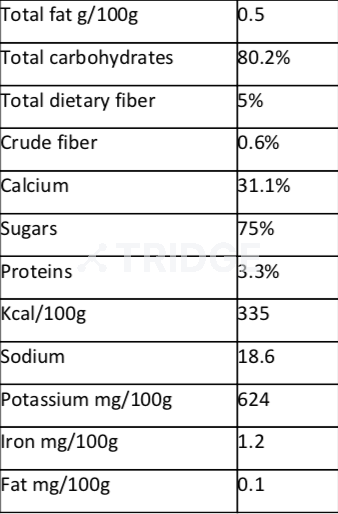

By clicking “Accept Cookies,” I agree to provide cookies for statistical and personalized preference purposes. To learn more about our cookies, please read our Privacy Policy.